Transformed by Postpartum Depression: Podcast Episode #110
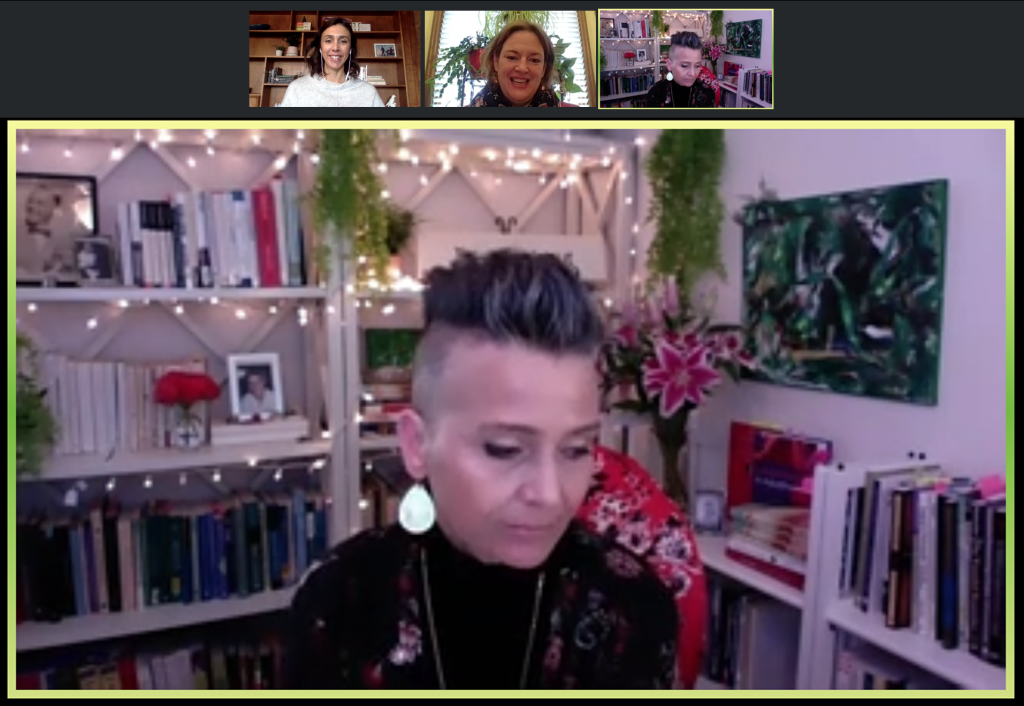
Alyssa: Hi. Welcome to the Ask the Doulas Podcast. My name is Alyssa Veneklase. I am co‑owner of Gold Coast Doulas, and today, I have Jessica Kupres, one of our postpartum doulas, with us, and we are both so excited to talk to Dr. Ladd. She is the author of a book called […]
Podcast Episode 100!
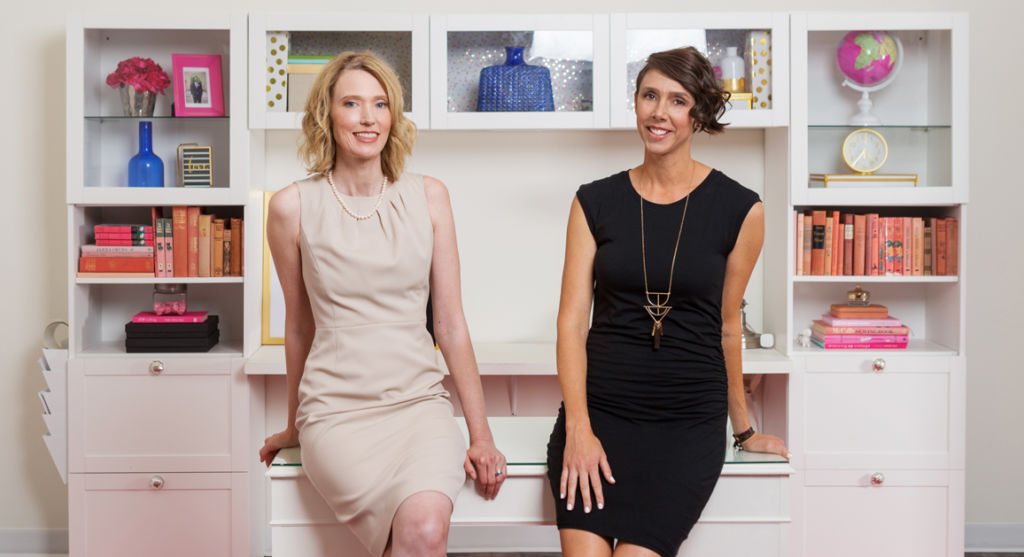
It’s the 100th episode! Alyssa and Kristin, co-Owners of Gold Coast Doulas, talk about what the past two and a half years of podcasting has looked like, how the podcast has changed, how the business has changed, how services have pivoted in the midst of the COVID-19 pandemic, and how they are playing their part […]
Hyperemesis Gravidarum
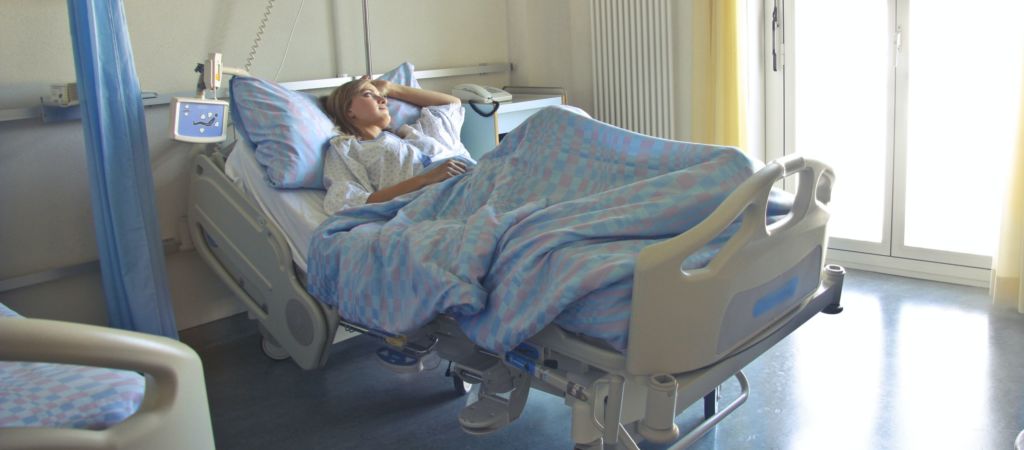
This post was written by Lauren Utter, a ProDoula trained Birth and Postpartum Doula with Gold Coast Doulas. Finding out you are pregnant can bring an array of emotions – planned pregnancy or not. Maybe you’re excited because you have been waiting for this day. Maybe you are surprised because a baby wasn’t on your […]
Mental Health Awareness Month: Podcast Episode #97

Dr. Nave now works with queens through her virtual practice Hormonal Balance. Today she talks to us about hormones and how they affect our mental health, including the baby blues and postpartum depression. You can listen to this complete podcast episode on iTunes or SoundCloud. Alyssa: Hi. Welcome to Ask the Doulas Podcast. I am […]
Perinatal Mood Disorders: Podcast Episode #91
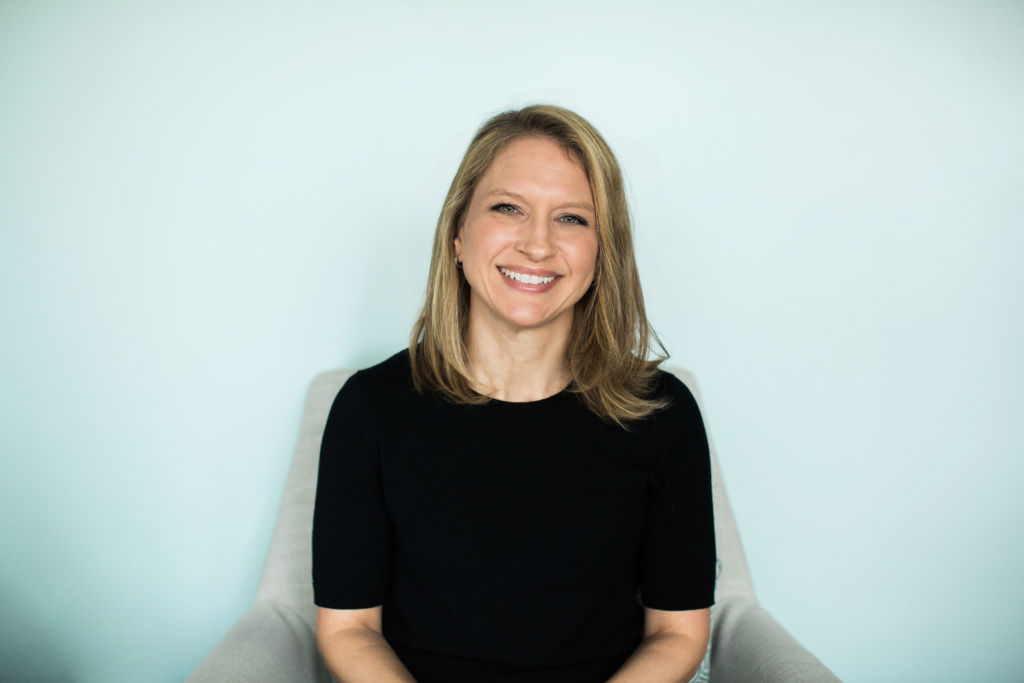
Today we talk with Elsa, a therapist at Mindful Counseling in Grand Rapids, Michigan who specializes in perinatal mood disorders. Learn what postpartum anxiety and depression look like, how they are different, and signs to look out for. You can listen to this complete podcast episode on iTunes or SoundCloud. Kristin: Welcome to Ask the […]
Supporting a Postpartum Mother: Podcast Episode #79
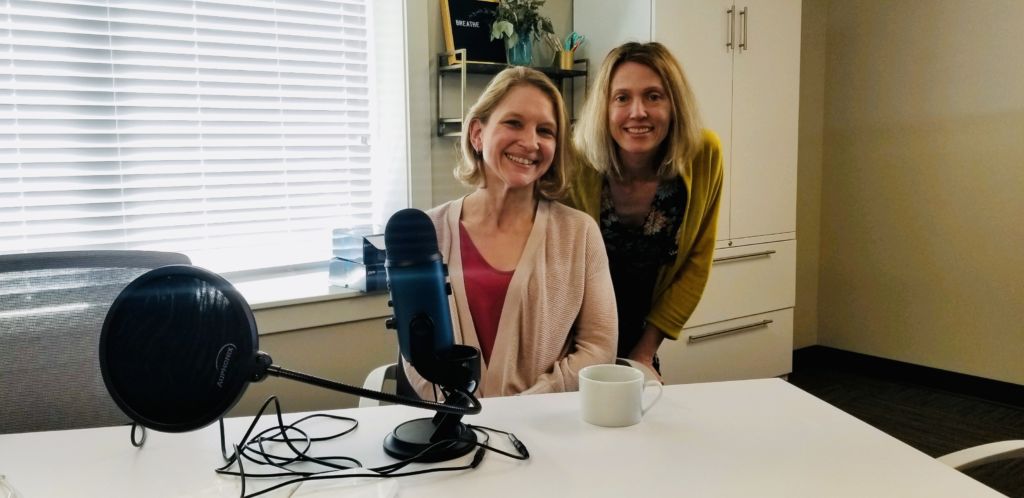
Elsa Lockman, LMSW of Mindful Counseling talks to us today about how partners, family members, and other caregivers can support a mother during those critical postpartum weeks to ensure she seeks help if needed. How do you approach a new mother and what are her best options for care? You can listen to this complete […]
HOW TO TAKE A SOCIAL MEDIA BREAK ON MATERNITY LEAVE
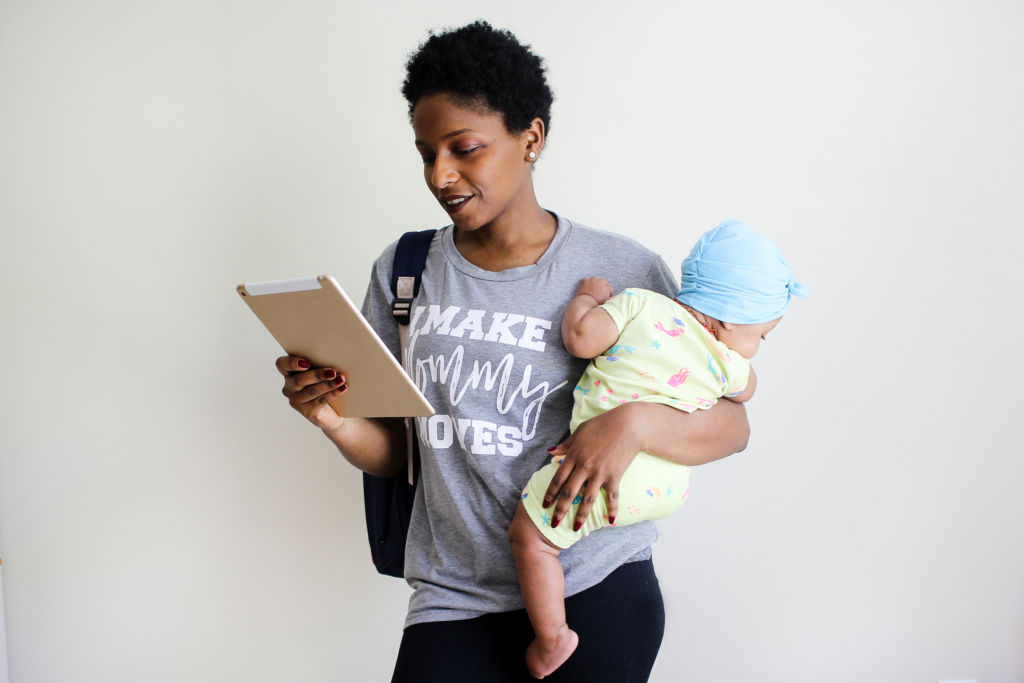
We are so very excited to share this guest blog with you because not only is the author an amazing mother and entrepreneur, but she is also a past client. With over 10 years experience in social media strategy and digital marketing, Chris found her purpose after having her daughter. Pre-baby, she was a self-proclaimed […]
Podcast Episode #68: Overnight Doula Support
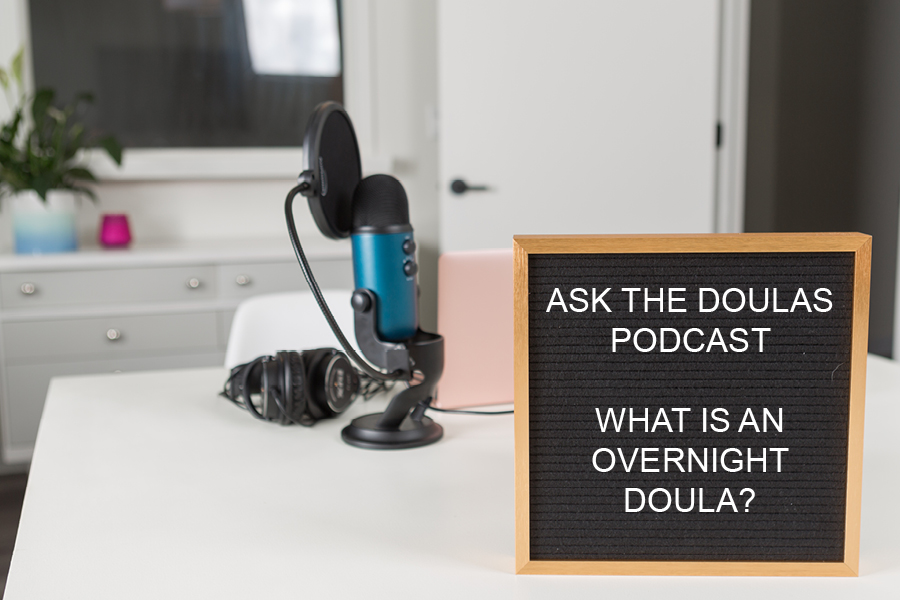
Many of our clients and listeners don’t fully understand what overnight doula support looks like. Kristin and Alyssa, both Certified Postpartum Doulas, discuss the kinds of support their clients look for and how their team of doulas support families in their homes. You can listen to this complete podcast on iTunes or SoundCloud. You can […]
Technology and Mindfulness for New Parents

Technology is an amazing tool that we use daily for our work and personal lives, but it can also be the thing that drags us down. We need it, we love it, but we hate it. It’s time we take a good look at our data usage and figure out what’s draining us. Why not […]
Podcast Episode #55: What Sets Gold Coast Doulas Apart?

What sets Gold Coast Doulas apart? Today Dr. Rachel of Rise Wellness asks us why she should refer her clients to us. She already knows she loves us, but why should everyone else? You can listen to this complete podcast on iTunes or SoundCloud. Kristin: Welcome to Ask the Doulas with Gold Coast Doulas. […]
My role as a postpartum doula.

Our very own Jamie Platt, BSN, RN, CLC, CPST shares her personal insights on what it’s like to be a postpartum doula. What is the role of a postpartum doula? What does it look like, and how might a doula support the breastfeeding relationship between mom and baby? A postpartum doula can take care of […]
Media – Friend or Foe?

In light of recent events, we have a special guest blog by Lindsey Zaskiewicz, LMSW. Lindsey is a licensed social worker currently employed as a clinician on a mental health and substance abuse crisis line. Prior to this role, she has several years of experience working in maternal-infant mental health, as well as direct practice with […]
